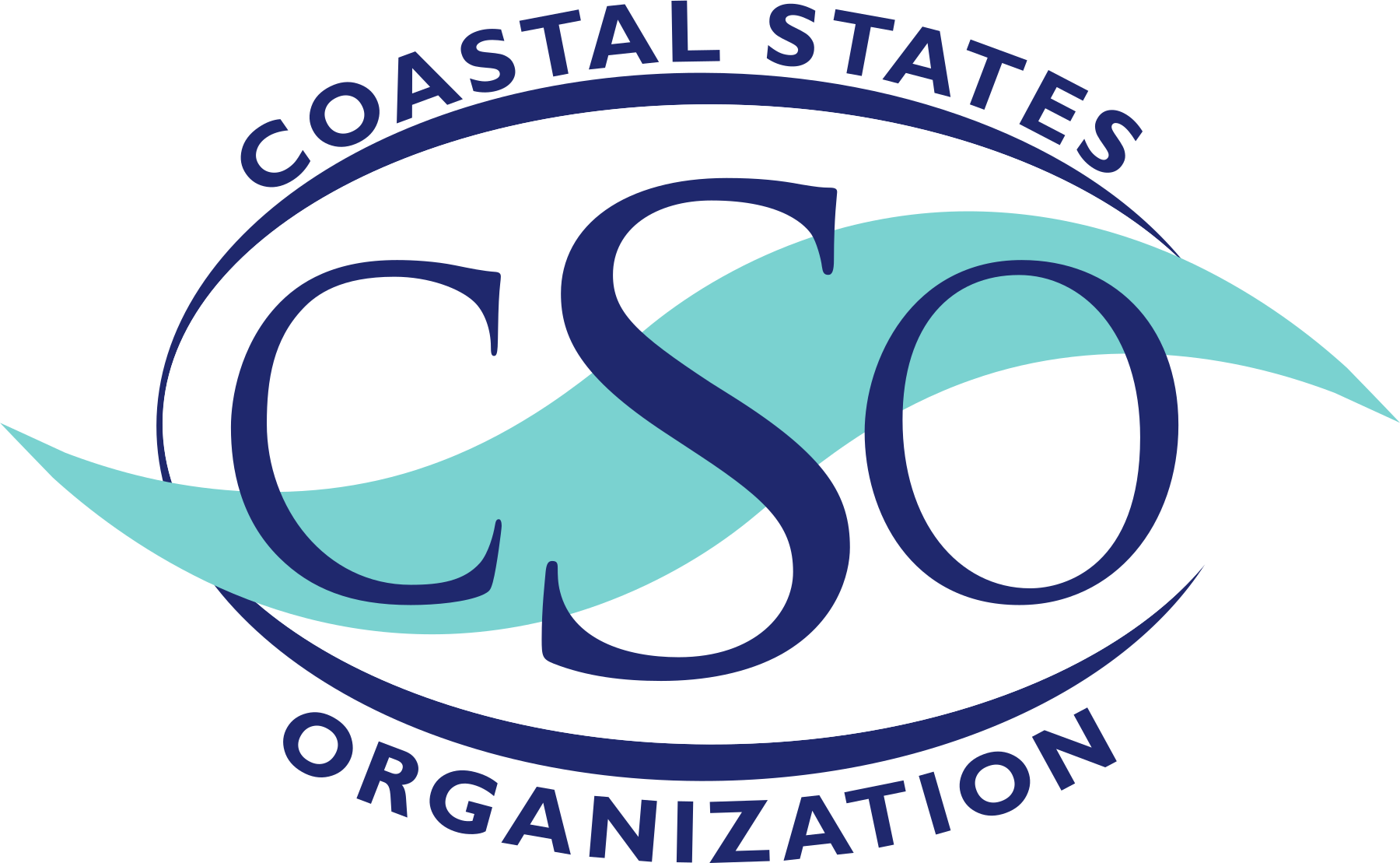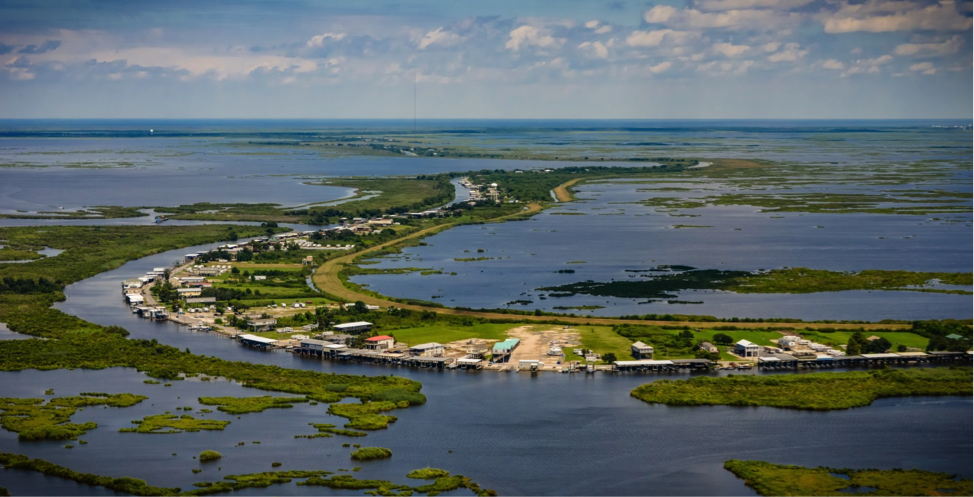Issues
Tackling Coastal ChallengesThe Coastal States Organization works with the nation’s coastal States, Territories, and Commonwealths to address coastal management issues on local, regional, and national scales. We use research, outreach, and education to bring the latest science, and policy to coastal managers. And we connect decision-makers with coastal science, social trends, and cutting-edge policy to strengthen and preserve ecosystems and communities across the nation.
Sediment Placement Regulations in the U.S.
Sediment placement regulations, and related state and federal policies, are frequently cited as a significant limitation to implementing Regional Sediment Management (RSM). Sediment Placement Regulations of U.S. Coastal States and Territories: Towards Regional Sediment Management Implementation, developed by the American Shore & Beach Preservation Association (ASBPA) and Coastal States Organization (CSO) with support from the U.S. Army Corps of Engineers (USACE) Institute for Water Resources (IWR), provides a comparative analysis of federal- and state-level regulations on placing sediment in the coastal zone, with best practices, success stories and recommendations.
Coastal Programs and Resilience Planning
The 34 State and Territory Coastal Zone Management (CZM) Programs are leaders in the development and implementation of coastal adaptation, mitigation, and resilience strategies. CZM Programs are on the ground to support communities at every step along the path to resilience. They have the flexibility to operate across multiple levels of government and are uniquely positioned to link cutting-edge federal research data and tools with local communities to address coastal changes and hazards.
Coral Reef Conservation and Restoration
Coral reefs are some of the most diverse ecosystems on the planet. They make up a relatively small fraction of the ocean – less than 1% – but provide habitat to around 25% of the world’s marine life. Coral reefs are also incredibly valuable ecosystems, contributing over $10 trillion every year to the global economy. Coral reefs are threatened by changing water temperatures, ocean acidification, and pollution, physical impacts from ships and storms, and invasive species. Protecting and restoring coral reef ecosystems requires a proactive, multi-phased approach that ranges from local to global efforts.
Wetlands Then & Now: The History and Future of Wetland Restoration
Wetlands are among the most productive ecosystems in the world and provide numerous benefits to society. The management of wetland ecosystems is complex and represent truly interdisciplinary efforts that can take decades to achieve results. Historically, wetland ecosystems have undergone substantial degradation from natural causes and human activities. In recent years, many have come to learn the true value of wetlands and their successful restoration is key to maintaining a healthy coastal ecosystem. Read more about the wetland restoration through the years.
Community Rating System
The Community Rating System (CRS) is a voluntary program under the Federal Emergency Management Agency (FEMA) National Floodplain Program (NFIP). The goal of the CRS is to reduce flood damages to insurable property, encourage both local hazard mitigation activities and increase NFIP participation. Nationwide, many Coastal Programs have prioritized CRS as a platform for supporting communities to achieve coastal resilience.
ASBPA and CSO Joint Beach and Inlet Management Policy
American Shore and Beach Preservation Association (ASBPA) and CSO have worked together to conduct comprehensive policy research based on which they have issued a Joint Beach and Inlet Management Policy which calls for policies, funding, and scientific research, data, and tools to address the unprecedented challenges facing our nation’s coasts.
In an era of rising sea levels, changing Great Lake levels, increasing storm intensity, coastal erosion and flooding, and lack of available coastal sediment, Congress and the Administration must take major steps to help coastal managers maintain critical resources. CSO and ASBPA call for action to improve sediment management, permitting of coastal projects, funding for project planning, design, and implementation, responsible coastal development, and critical science and research. The joint policies set forth key recommendations for how to balance the multiple uses and values of our coastal resources, while ensuring those values are maintained or improved for future generations.






